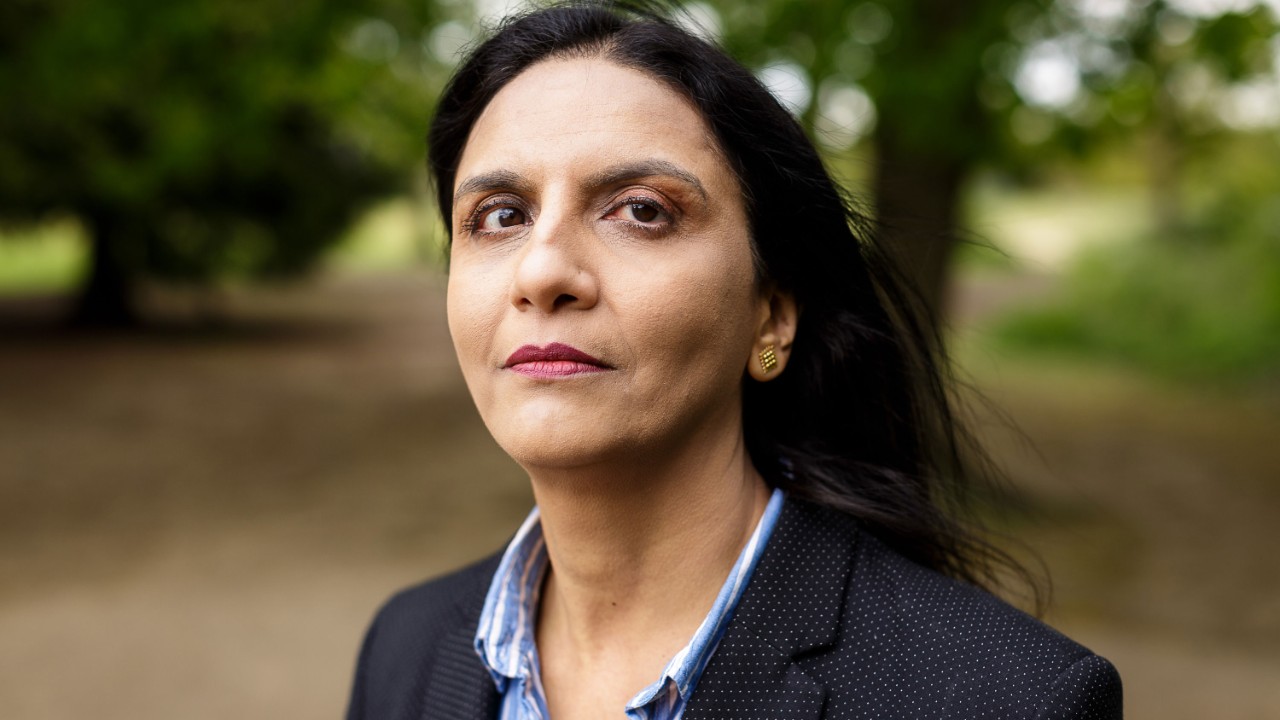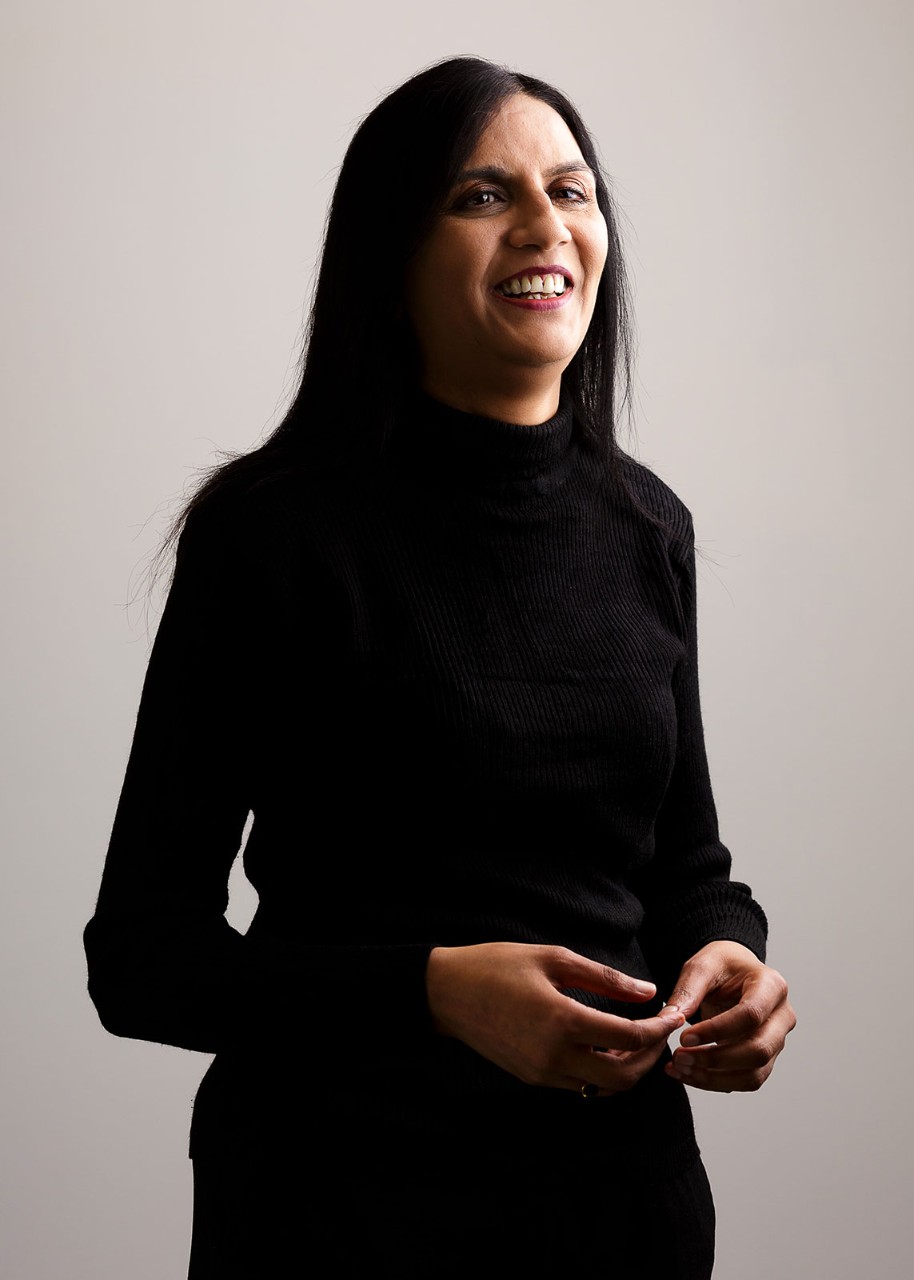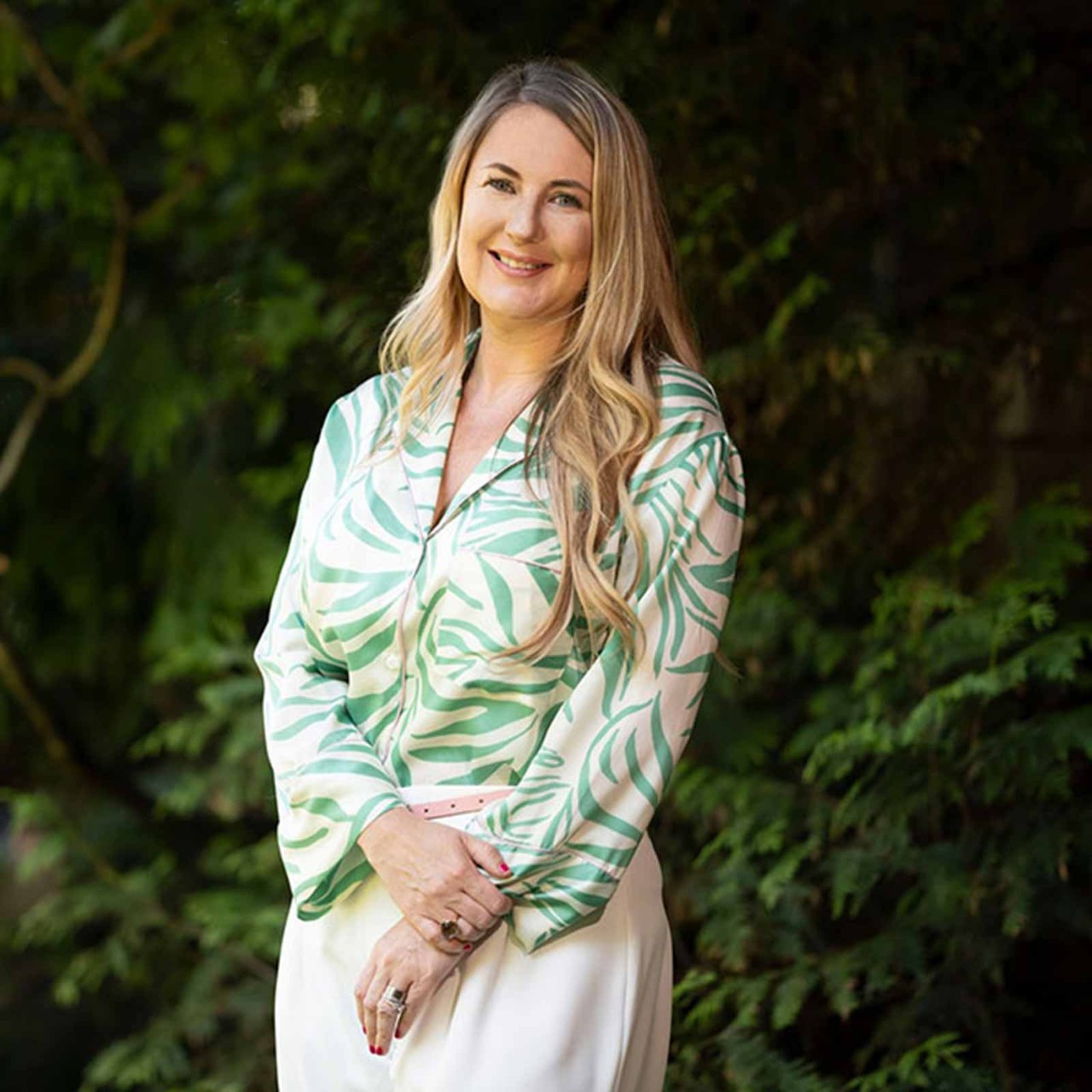
For Usha Mistry FCCA, overcoming obstacles arising from her visual impairment in order to pursue her passion for numbers drove her study accountancy with ACCA.
'I love working with numbers,’ she says. ‘It was always something that came naturally. Plus, everyone needs an accountant and, as an accountant, you can work in any area and be at the heart of any organisation.’
And it was the flexibility and accessibility of the qualification that meant she could pass her exams during treatment for her condition. 'I was given so much support during my studies and exams, such as enlarged text on the papers, enhanced lighting and extra time.'
‘Customers are diverse and organisations need to have people who understand disability’

CV
2020
Senior lecturer in accounting, London South Bank University
2015
Head of the School of Accounting and Finance, London School of Business and Management/Bloomsbury Institute, and lead teaching fellow (financial and management accounting), Coventry University London Campus
1994
Lecturer, University of West London, promoted to senior lecturer in 1997
1991
Accountant in industry
1987
BA (Hons) in accounting studies and ACCA Qualification, University of West London
1984
Clerical assistant (promoted to clerical officer within six months), Department of Social Security
'It's so important that education is made accessible to all; diversity is so important,’ she says. ‘Plus ACCA was attractive, as it is a globally recognised qualification, and I saw that it was also evolving to include areas such as ethics and technology.'
Distancing challenge
Mistry has forged a successful career in academia, currently as a senior lecturer in accounting at London South Bank University. But the pandemic has thrown up challenges. Navigating the streets and transport system of London has never been easy, but social distancing, new signposts and altered routes are adding a different dimension for those who rely on their own innate navigational skills and the kindness of strangers.
‘I can bump into people,’ she says. ‘They can be coming from the left or the right and I find it hard to judge. So social distancing is difficult because I don’t have 3D vision. Signs on the floor are not visually friendly – they need to be lit up – and there need to be more audio announcements.'
Mistry is planning to get a badge that indicates that she is unable to social distance, but she is not sure if that will be enough – she doesn’t always use a cane as she wants to be as independent as possible, but other travellers can see this as a visual cue and leave space or offer help. ‘People are always rushing to get somewhere,’ she says.
Lecturing in lockdown
Mistry was only three months into her current role when the UK was plunged into lockdown, and yet she was still required to provide lectures for several hundred students.
Fortunately, technology was on her side. ‘We’ve jumped 10 years in the space of 12 months,’ she says. ‘It has been a roller coaster, but I have adapted well. At home, I can adjust the lighting and my surroundings. I don’t have to commute, but I can still teach a group of 300 students. The sessions are recorded for those who can’t access them live, and I can pre-record sessions so I can work at my own pace.’
Mistry first moved into academia in 1994 when she was asked to take on the role of lecturer at the University of West London (she was promoted to senior lecturer in 1997). Prior to this, she had worked in industry as an accountant after gaining her ACCA Qualification in 1991.
It was a rocky road, she says, as there was still a stigma attached to employing those with a disability then. But the 1995 Disability Discrimination Act and subsequent 2010 Equality Act have gone some way to improve awareness in the workplace. ‘However, there is still a long way to go’, she says. ‘Customers are diverse and organisations need to have people who understand disability.’
Accessible education
As well as encouraging others with a disability into the profession, Mistry wants to be able to pass on her experience as someone who is partially sighted to others so that they might be more considerate and more aware of those with disabilities: ‘Be patient, be kind and help people. And by all means ask if you think someone needs help – communication is so important,’ Mistry says.
She passes on this help herself through voluntary work with the Royal National Institute of Blind People. She has also worked with children with disabilities and the elderly in her home borough of Hounslow, west London.
Her work at London South Bank University has also been recognised – as well as being named best newcomer in January 2020, she has become a Dignity at Work Champion. To cap it all, she has recently been nominated for a public sector accountancy lecturer award. As she says herself: ‘If you really want something, go for it. You can achieve it – I proved it.’
Overcoming adversity
Mistry describes her condition, myopic macular degeneration, as like being enveloped in fog, with one or two pin holes through which she can barely see. She has endured 14 operations on her eyes, sometimes being left temporarily blind.
Her first operation was when she was 14, at a time when she admits to having disengaged from education. But the consultant who carried out this first operation took the seemingly simple step of writing to her school to suggest she would do better if she sat at the front of every classroom.
Listen to an audio interview with Usha Mistry among AB's podcast offering.




